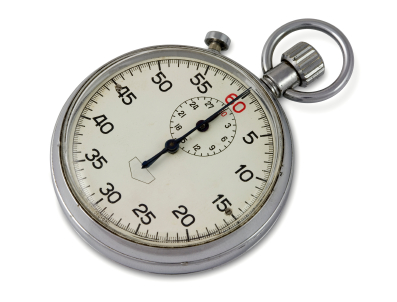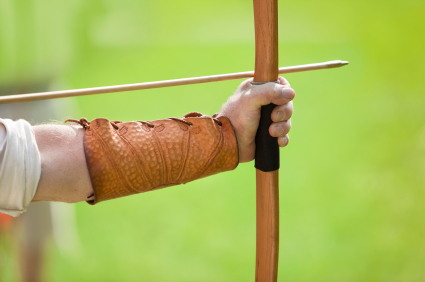When I was in college, in the bygone days of typewriters and corded phones, there was a rumor of a gang rape on campus. A "town" girl had gone back to a fraternity house with a boy, and several others ended up having sex with her against her will.
Or so the story went. Many on campus fumed, avoided the suspected rapists and waited for the college administration or the police to act. Months went by. Nothing happened.
We graduated and went our separate ways. I suspect that the officials involved -- not to mention the young men -- were relieved. But regardless of what really happened that night at the frat house, the way it went unaddressed instilled distrust in me, and perhaps in thousands of others who were on campus at the time: Would people in charge stand up for women's safety and dignity?
Having to ask ourselves that question meant we lost some innocence about the world we were about to fully enter. And it raised the possibility that, maybe, ignoring ugly realities is right. The smart thing to do.
But now, that sort of official privilege has gone the way of the typewriter and corded phone -- as two recent stories of rape illustrate. Hundreds of protesters gathered in eastern Ohio last Saturday to "Occupy Steubenville." They called for justice in the case of a 16-year-old girl, who was allegedly drunk to the point of unconsciousness last August, carried around to parties and sexually assaulted while others watched. The girl was from across the Ohio River in Weirton, W.Va., and the accused are Steubenville High School football players.
The alleged assault became public in the days afterward, when partygoers posted photos and reports to Instagram and Twitter. Two 16-year-old boys were arrested and charged, and they face trial on Feb. 13. They maintain they are innocent.
However, some in the community were not finished with this case. They became convinced that the investigating sheriff wasn't taking it seriously enough. Online, a branch of the hacker collective known as Anonymous accused the sheriff of deleting video evidence, noted his friendship with the high school football coach, and began leaking information on people who are believed to be covering up the full extent of the assault.
Last weekend, protesters arrived from around the country -- like Occupy Wall Streeters, many wearing Guy Fawkes masks. Some speakers told their stories of being raped.
Steubenville city and police officials have been forced to respond by establishing their own website about the case, which they say is intended to sort fact from fiction.
Teenagers are obsessed with documenting their lives online, and oversharing and even sexual cyberbullying are real problems. But without social media, this case never would have gotten such broad attention. And it's all but certain that Steubenville officialdom would not be trying to explain itself online to a bewildered international audience.
The Ohio story has parallels to the horrific alleged gang rape and fatal beating last month of a 23-year-old physiotherapy student on a bus in Delhi, India. Outraged, thousands of people took to the city's streets, only to be met by police with tear gas and long sticks. The government closed roads to discourage protests, but instead, as word spread through social media, protests sprung up around the country. Six men have been arrested.
No doubt, there is danger in rushing to judgment and in anonymous online reports. People's reputations and lives are at stake. But social media are proving to be useful to call for justice in cases of rape, where justice is still too often uncertain, inconvenient and easily avoided.
This essay was first published in Newsday.












